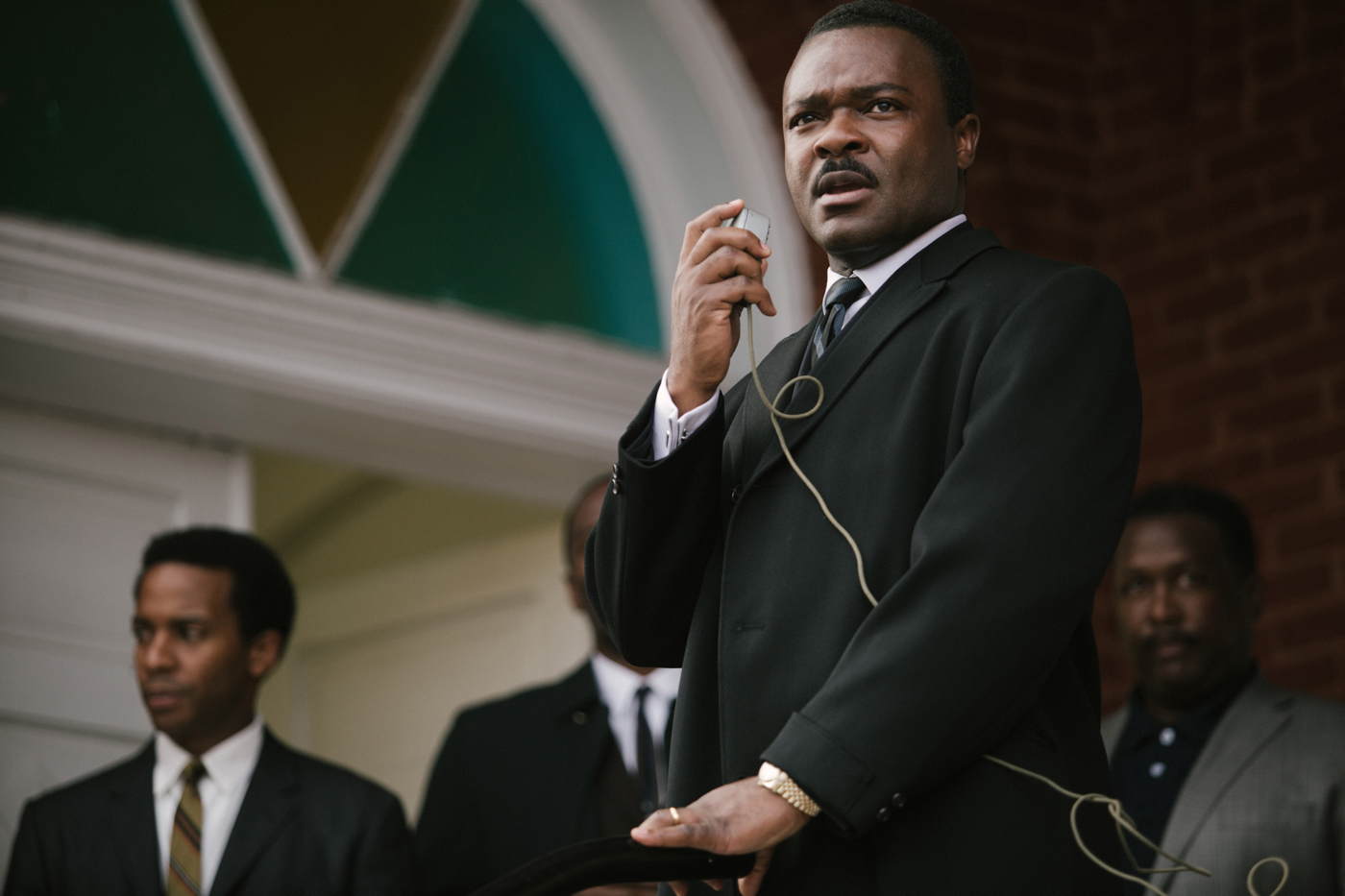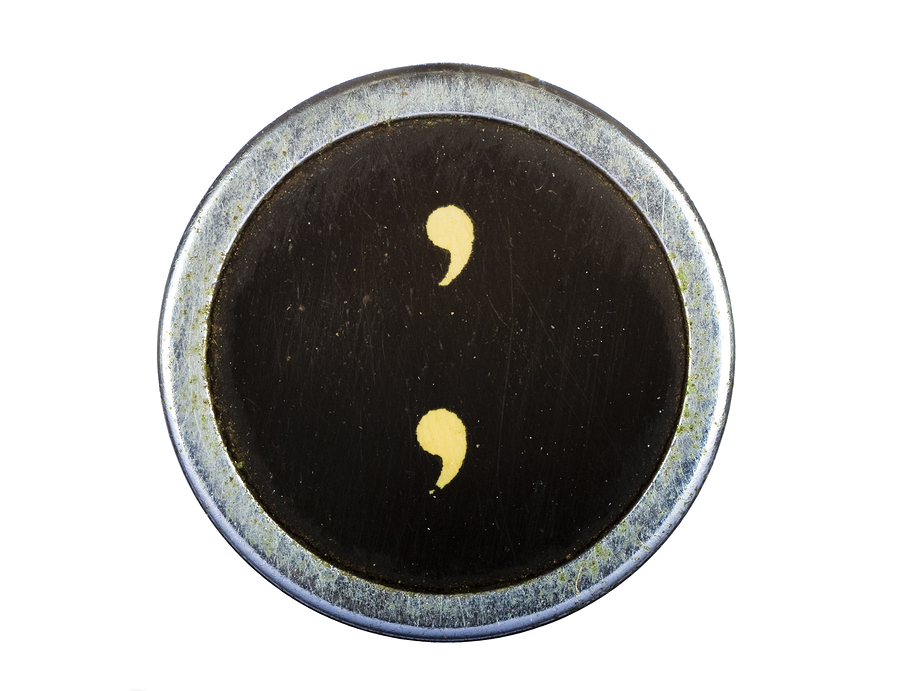Most readers will know that Jesus “Chuy” Garcia, a longtime progressive and respected elected official, after deciding to enter the mayor’s race at the urging of Karen Lewis, the Chicago Teachers Union President whose illness prevented her from running herself, forced Rahm Emanuel into a runoff. Many of you no doubt also know that in a recent poll Chuy scored in a virtual dead heat with Rahm with the election a few days away, on April 7.
The victory condensed in the forms of participation enabled by the VRA is necessary—a politics that does not seek institutional consolidation is ultimately no politics at all—but not sufficient for facing the challenges that confront us in this moment of rampant capitalist offensive against social justice, but neither are the essentially nostalgic modalities of protest politics often proposed as more authentic than the mundane electoral domain. It is past time to consider Prof. Legette’s aphorism and engage its many implications. And that includes a warrant to resist the class-skewed penchant for celebrating victories won in the heroic moment of the southern civil rights movement as museum pieces disconnected from subsequent black American political history and the broad struggle for social justice and equality.
BY nonsite
B-Side Modernism is almost here. For more information click on the image below or visit our events page.
The idea behind “B-Side Modernism” is to consider the work of 20th century poets and artists whose meaning and value have yet to be fully realized. The Raymond Danowski Poetry Library at Emory University is an amazing resource; more than any other collection, it represents the richness and diversity of English language poetry in the 20th century and beyond. For nonsite.org, the collection – and the Mellon Foundation’s support of this project – presents a fantastic opportunity, not just to support new scholarly work, but to open up a major archive to meaningful public conversation.
Attunement and transaction — rather than forcible replacement— are the preferred metaphors here for describing a good translation. And neither “attunement” nor “transaction” invokes a scenario in which something is being forcibly or forever transformed or deformed into something else.
Like Ed Sanders’s antagonistically and aptly named Fuck You Press, whose publication list includes bootleg mimeograph printings of W.H. Auden and Ezra Pound, little magazines from 1964 serve as case studies for an avant-garde scene that grapples with the enshrinement of/resistance to previous avant-gardes…and an engagement with social antagonism….Ultimately, these scenes’ interest in social self-documentation is propelled by an attempt to get around the problem posed by the relegation of poems (of whatever aesthetic genealogy) to the cultural sphere.
While we don’t tend to think of William Burroughs in terms of his engagement with the interview, in fact the form underpins much of his (and his collaborators’) work from the 1960s forwards, including the cut-up. Taking the Beat concept of self-interviewing to its extreme conclusion, Burroughs and frequent collaborator Gysin, turn the form’s interrogative function on the artist and the artwork. In doing so they highlight the interview’s potential to be a critically engaged, radical form.
A comic that merely uses Nancy, rather than a painting that appropriates Nancy, does not seek to elevate its subject matter. Instead, as is so often the case with Brainard’s Nancy drawings and paintings, the point is to devalue painting, to turn painting into a valueless form, by folding painting into comics.
BY nonsite
An exhibition of images from The Raymond Danowski Poetry Library, selected by our B-Side Fellows to accompany the essays in Issue 15.
BY nonsite
Nonsite’s conference on Photography and Philosophy is just a few months away. Our submission deadline is November 15th. For more information on how to be involved, click on the image below or see our Events page.
Foucault was highly attracted to economic liberalism: he saw in it the possibility of a form of governmentality that was much less normative and authoritarian than the socialist and communist left, which he saw as totally obsolete. He especially saw in neoliberalism a “much less bureaucratic” and “much less disciplinarian” form of politics than that offered by the postwar welfare state. He seemed to imagine a neoliberalism that wouldn’t project its anthropological models on the individual, that would offer individuals greater autonomy vis-à-vis the state.





